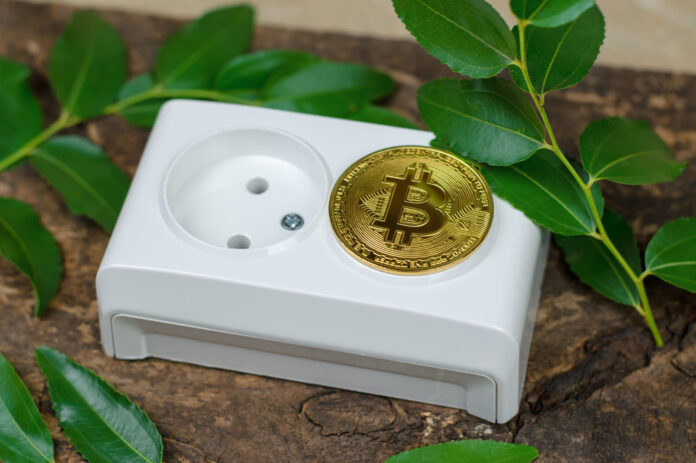El Salvador currently holds 5,750 BTC, valued at approximately USD 354 million, accumulated over nearly three years.
Since 2021, El Salvador has mined a total of 474 Bitcoin, valued at USD 29 million, using environmentally friendly volcanic geothermal energy.
Bitcoin was mined using energy from the Tecapa volcano, employing about 300 mining processors. According to Reuters, the country has allocated 1.5 MW for cryptocurrency mining, out of the 102 MW generated by a state-owned power plant.
Amid heightened scrutiny over BTC mining’s dependence on electricity and fossil fuels, El Salvador has distinguished itself as a pioneer in renewable energy mining.
In 2021, El Salvador made history by becoming the first country to accept Bitcoin as legal tender, alongside the US dollar. Since then, the government has implemented various Bitcoin-centric policies, including establishing a geothermal plant specifically for mining BTC.
The Central American country still owns approximately 5,750 BTC, now valued at about USD 354 million. Since 2021, organizations worldwide, including the World Bank, have strongly criticized El Salvador’s adoption of cryptocurrencies, particularly Bitcoin.
The bear market that spanned from 2022 to 2023 intensified scrutiny, prompting many to question the actions of President Nayib Bukele. Nonetheless, Bukele escalated his commitment to Bitcoin by announcing that the country would purchase one Bitcoin every day.
Bukele resoundingly won El Salvador’s presidential election this year, receiving substantial support across the country. The president of El Salvador, a Bitcoin enthusiast, has stated that the country has no current plans to sell its substantial Bitcoin holdings.
Bitcoin mining and fossil fuel use have long sparked controversy in the cryptocurrency industry.
Greenpeace, supported by Ripple and other organizations, has advocated for converting Bitcoin from proof-of-work to proof-of-stake. On 22 November 2023, Kathy Hochul, Governor of New York, signed a declaration instituting a two-year moratorium on proof-of-work mining, making it the first US state to ban PoW cryptocurrency mining activities.
After purchasing $1.5 billion worth of Bitcoin, Tesla CEO Elon Musk initially pledged to accept it as a payment method for Tesla cars. However, he soon reversed his decision, citing the negative environmental impact of mining. Musk stated that he would only reconsider this decision if more than 50% of Bitcoin mining utilized renewable energy sources.
Since then, several reports have suggested that more than 60% of BTC mining relies on renewable energy sources.
However, Musk has yet to acknowledge these reports or introduce a Bitcoin (BTC) payment option. Tesla is currently facing a lawsuit for repeatedly violating the Clean Air Act by emitting harmful pollutants from its Fremont plant into nearby neighborhoods.



